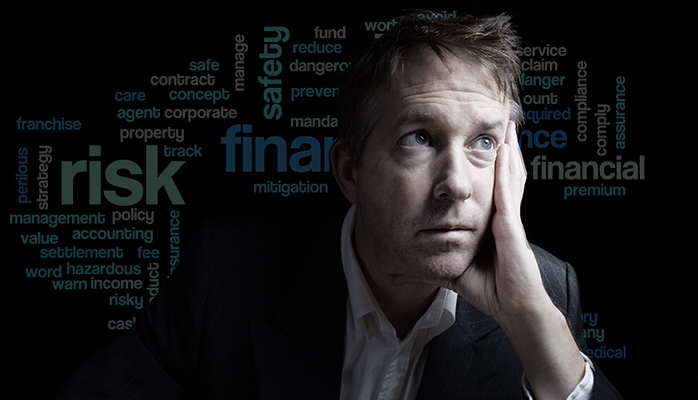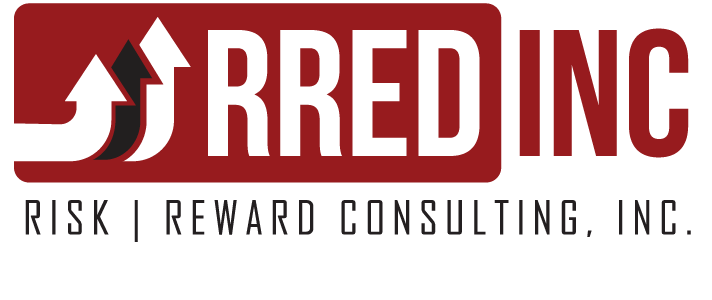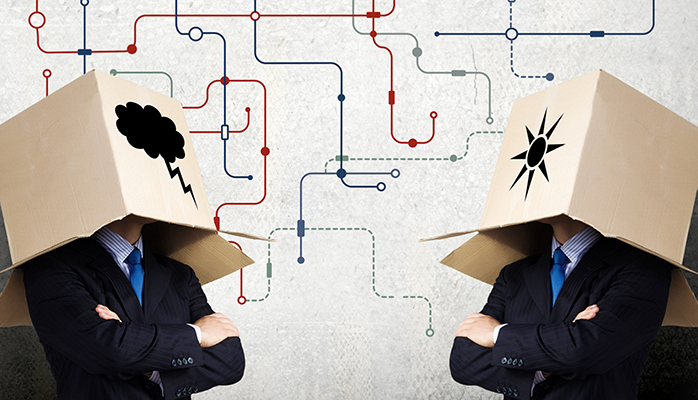
While coaching and mentoring CEOs, many of whom are immensely successful, I observed that so many of them were kept up at night by important but outdated issues. In a recent Harvard Business Review article, the authors conducted a survey that showed that the greatest 3 concerns as expressed by CEOs queried were talent, operating in a global environment and regulation and legislation.
While these areas indeed are important, are there not new and emerging issues that can affect a business and its reputation faster than the speed of light? Are there more important and potentially very damaging issues to consider?
The recent Starbucks’s campaign #RaceTogether is a great example of a CEO concerned about a social issue, bringing it out, apparently without a great execution strategy, and seeing it fail miserably almost instantly. Starbucks’ PR executive was essentially forced off his Twitter account by the avalanche of negative comments about the campaign.
What this really means is the millennials (18-24) are now the largest influential population segment. They are totally embracing social media. They are the customer and at the same time the de factor employee of thousands of companies providing all the labor to produce the information, product or service, mostly online.
They are the airline ticket agent, the online self-service purchasing agent for thousands of companies they buy from. They do all the work except for the delivery of the product. They control the vast majority of information and opinion development; they provide reviews and recommendations and critiques of every product and service imaginable.
So, what does all this translate into for CEOs? As a CEO you need to worry about this very visible army of customers that will punish you and your brand reputation in nanoseconds.Then in minutes, millions of people know how your company failed them.
Consider then the 3 most important concerns that threaten a company’s reputation that should keep a CEO awake at night:
First, a product or service failure, or stated simply, the failure of the company to match expectations and perceptions of their customers. When something goes wrong, real or perceived, the CEO and his team need to understand how quickly the word can spread and damage sales, employee morale and reputation.
Secondly, failure to take ownership for a disaster or a crisis. The real disaster is for a CEO to avoid taking a leadership position and to blame others for causation and tragic results. The CEO of Lufthansa initially was upfront, and impressed most people with his forthright and honest comments about the airline crash in the French Alps. He did it right. But that changed when some very damaging information about his company’s handling of information about the co-pilot’s was revealed. BP’s CEO, Tony Hayward did it wrong with the Gulf oil spill.
Finally, avoiding the use of social media and taking too long to respond to an event can be worse than the event itself. CEOs who face an issue head on via social media can almost instantly guide reaction and opinion rather than having it preordained by the initial round of comments from the public.
CEOs need to acknowledge that when they wake up in the morning a firestorm may already be brewing – and at a fever pitch by the time they reach the office. There will be little hope of regaining momentum unless they already have a plan in place to respond instantly to negative publicity.
To all CEOs: Don’t be consumed by trending issues – be sure to also think outside of the box and address what is right in front of you in everyday life. It’s not the talent search or government overreach that should be top of mind, but the ease in which the magnifying glass that the public has on your business can create a backlash before you awaken on a new day.
If you have had to combat a threat to your reputation on social media, please share the outcome. If you don’t have a damage control plan and want to learn how to develop this, send me a message and we will chat.
Norris Beren, Chief Executive Advisor | norris@rredinc.com



